The Benefits of Hobbies

My Journey to Find a Hobby.
Do you have a hobby? If so, is it music, food or gardening-oriented? Or would you rather be running or doing some type of art or craft? If you do have a hobby, I’m jealous. I don’t truly have one, and I need one. I can’t even say that kids, work or the general demands of life got me sidetracked from doing the things that I used to love. Other than reading, I’ve never really had a hobby. I’ve dabbled in different things – violin, stamp collecting, calligraphy, etc. but I’ve never truly found anything that I could just get lost in. Now though, it’s time for me to find a hobby, and maybe the same is true for you. If so, we’re going to look at the benefits of hobbies and some possible ways of finding one.
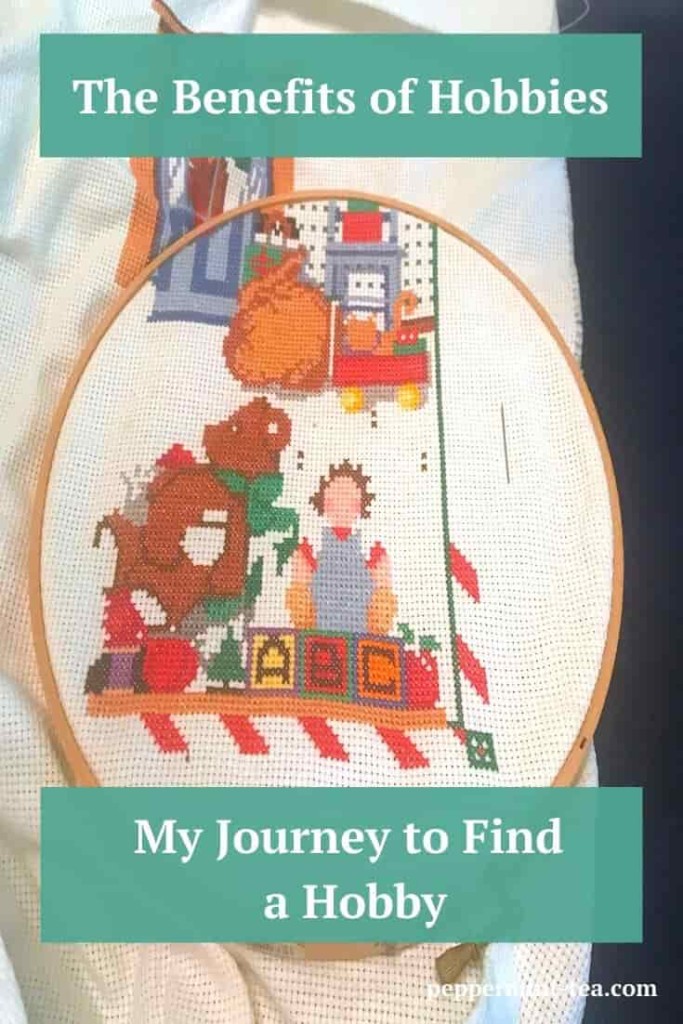
What is a Hobby?
Before we do any of that, we have to first get clear on what a hobby is and what it isn’t. First off, hobbies and interests aren’t the same thing. Job site Indeed’s editorial team helps us to clarify this distinction. The writers of this article say that “A hobby is an activity you may complete in your free time that brings you pleasure1.” It’s an ongoing experience that you can regularly commit to outside of work hours.
They say an interest, on the other hand, “is a desire or need to learn more about a specific subject1.” You can have a work-related interest and interests can even become hobbies, but the defining difference is that hobbies should take place in your free time. According to Indeed, “If you’re making an income or participating in the activity during work hours, it’s usually considered an interest rather than a hobby1.”
Benefits of Hobbies
The scientifically proven benefits of hobbies are numerous. For one thing, they make us healthier. One study found that participants had more positive and less negative mood, more interest, less stress and lower heart rate when engaging in leisure than when they weren’t2. Another study found that leisure activities are associated with lower blood pressure, total cortisol, waist circumference and body mass index. They’re also linked to the perception that participants had of themselves as being in better health3.
Another benefit is that hobbies may make you better at your job. A study published in the Journal of Occupational and Organizational Psychology shows that creative activity outside of work helped participants to better recover from a demanding work environment, which reduced burn-out and overall stress levels. In addition, it found that being creative outside of work was also associated with more creativity on the job4.
And finally, hobbies allow us to break away from our everyday experiences without feeling like we should be “on task,” doing something productive or that we have to be the best at whatever we’re doing. Kettering Global says that “Engaging in a hobby can be a mental escape, help us hone a skill, or just provide an opportunity to socialize with others5.” In other words, they allow us to simply have fun, challenge ourselves in new or different ways without having to worry about the end result, or just give us a common interest to share with others.
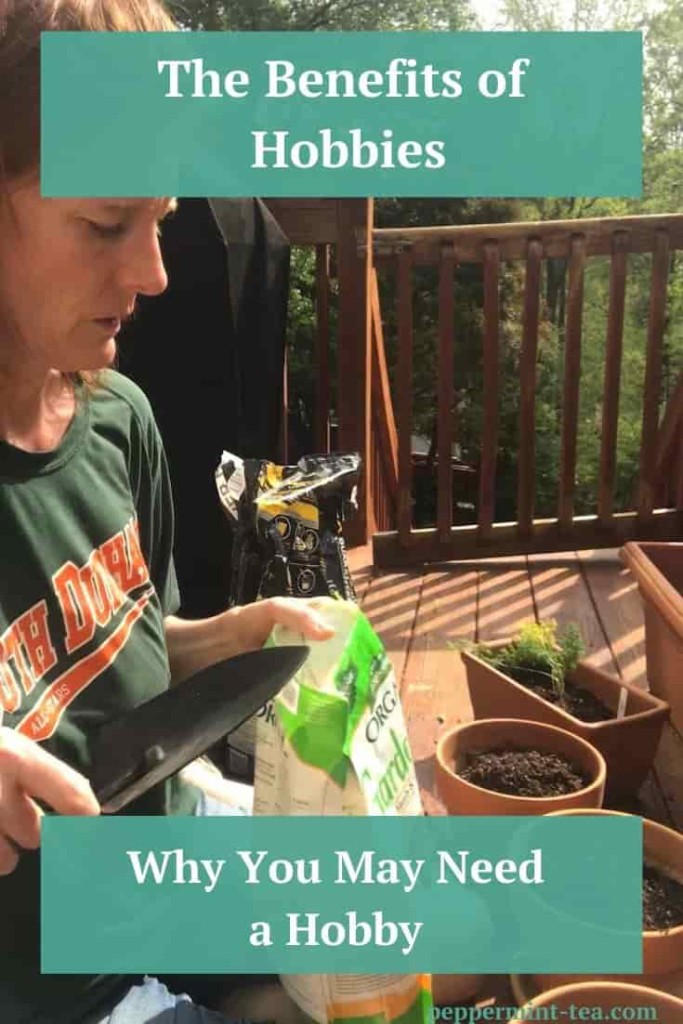
Why I Need a Hobby (And Why You May Need One Too)
Where I usually run into problems when it comes to hobbies is that I have many interests, but as someone who is naturally “a worker,” I tend to turn everything I do into work or a project. Engaging with my interests then begins to feel like an obligation and there goes my ability to turn my brain off and relax. As a result, I feel like I’m always “on” or that there’s something else that I should be doing. If this is true for you as well, we both need a hobby.
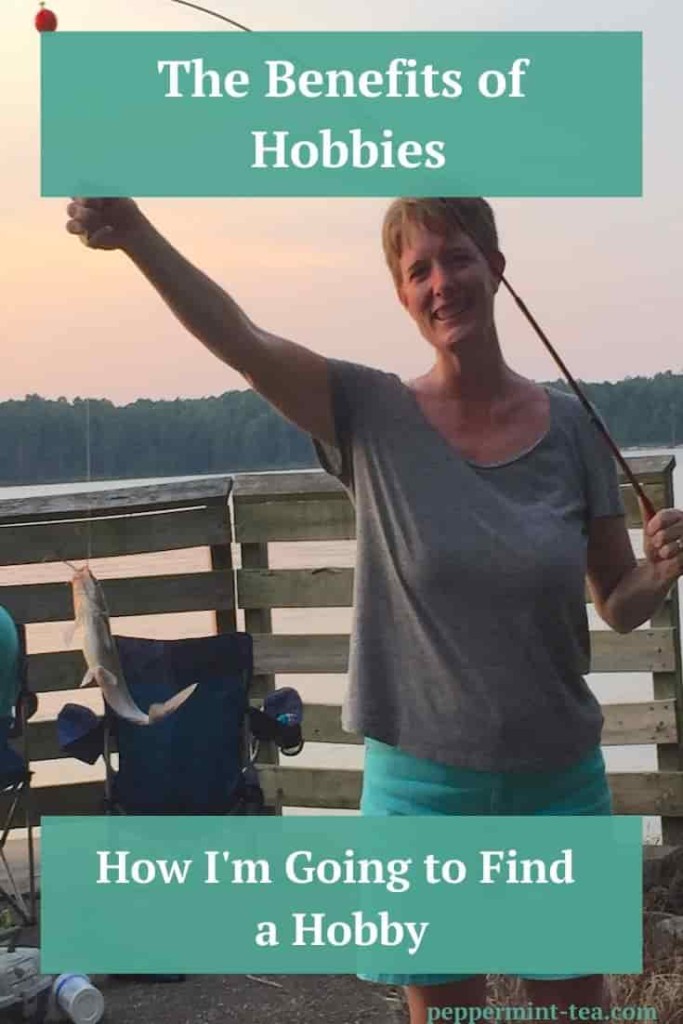
How I’m Going to Find a Hobby
So how do we go about finding a hobby? How do we find something that we enjoy doing or are passionate about if we have no idea of what that is? Clearly, I’m not an expert on this, but I know it involves being willing to try something new.
A Lesson Guide that I found online on the Importance of Hobbies from the University of Arkansas Division of Agriculture Research & Extension has some useful tips6. Here are just a few of them:
- Take it back to your childhood. Think back to what you loved doing as a kid.
- Try a couple of ideas on for size. Explore a craft, sports or book store and see what captures your attention.
- Find something that will make you forget about your day. If it feels like it’s going to be stressful instead of exciting to learn, then it’s probably not for you.
- Notice what you love to buy as guilty pleasures. That item might be pointing you toward your hobby.
- Think of the last thing that made you forget to eat. This should be outside of just simply a hectic day at work of course. What did you become so absorbed in that you completely lost track of time and didn’t think about eating? Somewhere in that activity may be your hobby.
In addition to following these tips, I’m also going to use HobbyHelp’s list of 105 possible hobbies to give me ideas. While there are some on there that I can immediately cross off because they simply don’t sound appealing to me at all, there are others that might just be contenders.
Bottom Line on the Benefits of Hobbies
If you’re thinking that all of this sounds like too much work and that something that you’re passionate about should just automatically find you, I would encourage you to think again. Finding a hobby shouldn’t become another source of stress in your life, but there’s a difference between work and exerting some effort toward something. As I think we’ve seen here, there are many benefits to finding a hobby, and I’m looking forward to discovering what mine is.
Lean on Your Community
Do you have a hobby? If so, let us know what it is in the comments to give us all some ideas. If you don’t have a hobby but some of what’s been said here inspires you, let us know what you figure out as well.
Sources
- Indeed. 5 Key Differences Between Hobbies and Interests. https://www.indeed.com/career-advice/career-development/difference-between-hobbies-and-interests
- Zawadzki, M.J., Smyth, J.M. & Costigan, H.J. Real-Time Associations Between Engaging in Leisure and Daily Health and Well-Being. ann. behav. med. 49, 605–615 (2015). https://doi.org/10.1007/s12160-015-9694-3
- Pressman SD, Matthews KA, Cohen S, et al. Association of enjoyable leisure activities with psychological and physical well-being. Psychosom Med. 2009;71(7):725-732. doi:10.1097/PSY.0b013e3181ad7978. https://bpspsychub.onlinelibrary.wiley.com/doi/abs/10.1111/joop.12064
- Eschleman, Kevin J., Madsen, Jamie, Alarcon, Gene, & Barelka, Alex. Benefiting From Creative Activity: The Positive Relationship Between Creative Activity, Recovery Experiences, and Performance-Related Outcomes. Journal of Occupational and Organizational Psychology. April 2014.https://bpspsychub.onlinelibrary.wiley.com/doi/abs/10.1111/joop.12064
- Kettering Global. Why Hobbies are Important? https://online.kettering.edu/news/2019/04/15/why-hobbies-are-important
- University of Arkansas Division of Agriculture Research & Extension. Importance of Hobbies Lesson Guide.https://www.uaex.edu/life-skills-wellness/extension-homemakers/Hobbies_LessonGuide.pdf


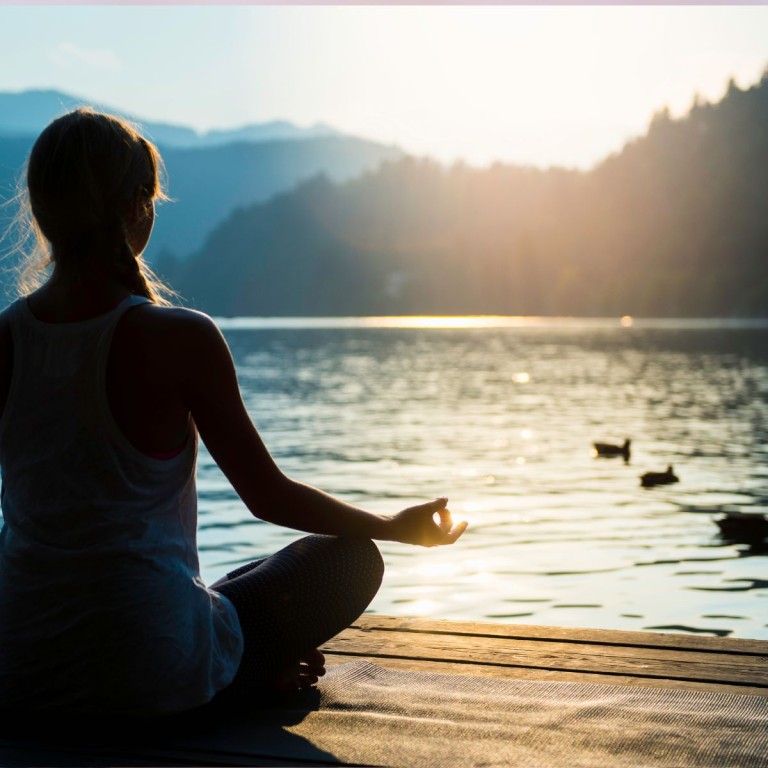



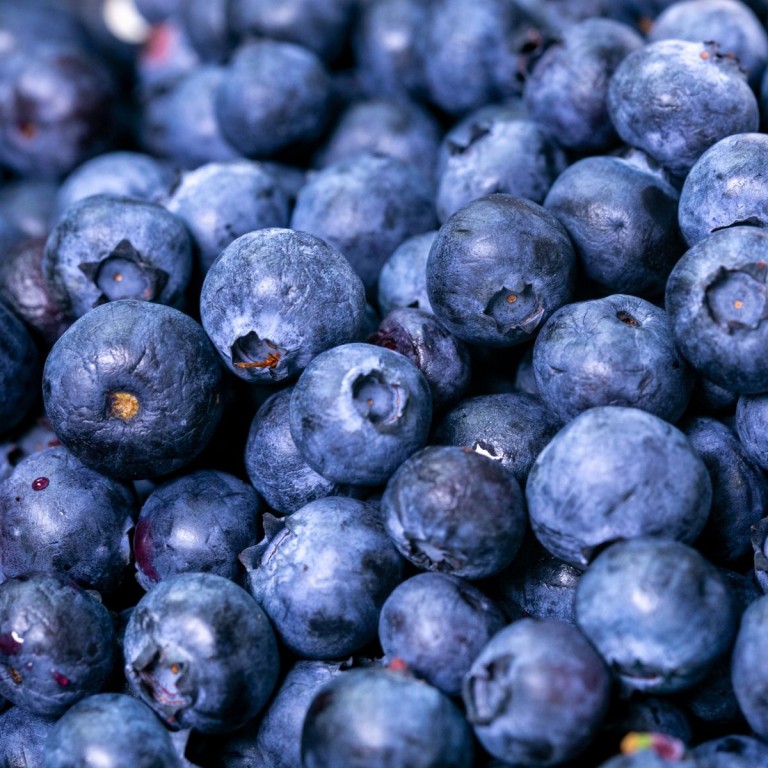
One Comment